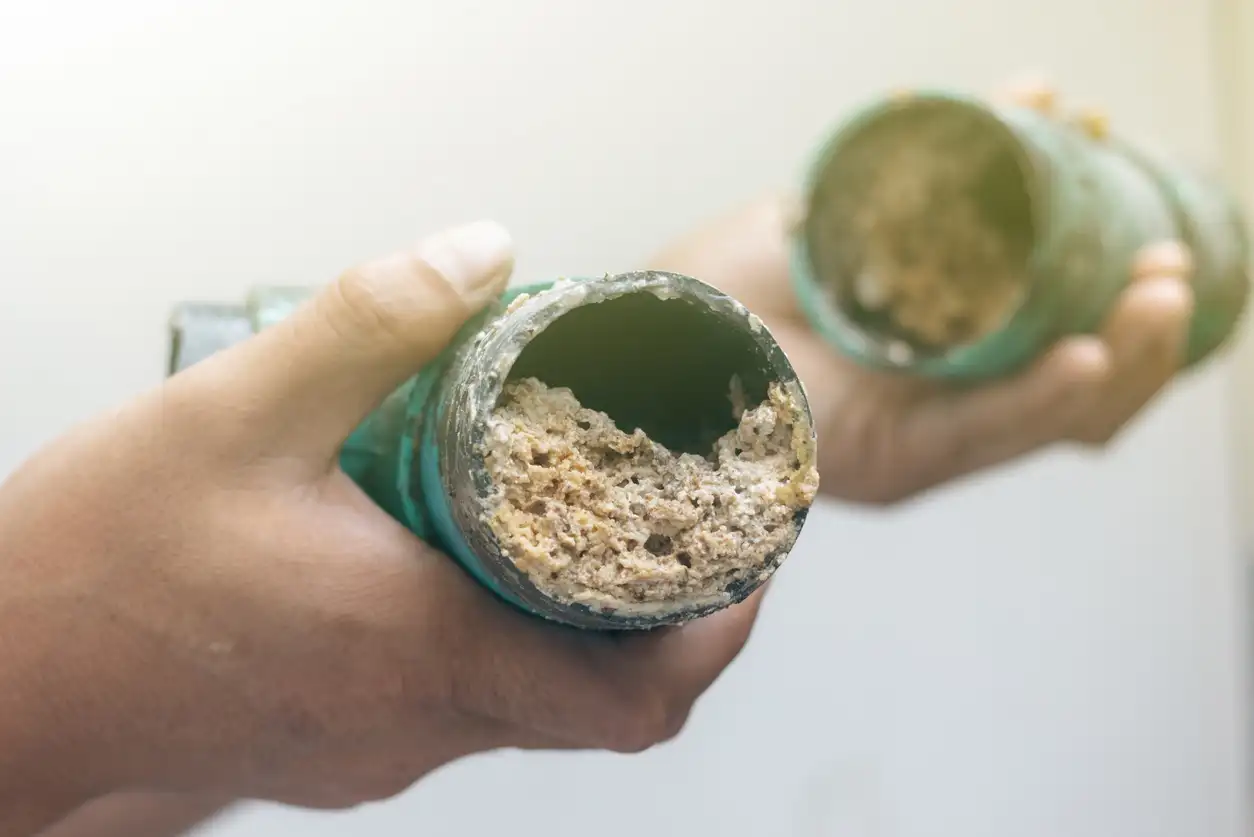
How A Common Shortcut Can Harm Your Plumbing System
We’ve all been there. You’ve just cooked and eaten dinner, finished the dishes, and are ready to relax. The only problem is you’ve still got one last pan full of grease. In such moments, it is very tempting to pour the leftover cooking oil down the drain and flush it away to be done with it. Unfortunately, this shortcut can be a pricey mistake – causing extensive damage to the plumbing and sewer system.
But why is flushing grease/oil down the drain so bad, anyways? If you’ve wondered this question, you’re not alone. The primary problem with discarding grease and oil down the drain is that liquid oils float in water. Therefore, as oil moves through your sewer pipes, it creates a greasy film along the side that is not easy to remove. Over time, this film can grow thicker as more grease accumulates. Grease and oil also solidify once they reach cooler temperatures further down the pipeline.
Today, Mr. Rooter Plumbing of Southeast Georgia is here to outline what chemical processes cause this simple problem and why flushing grease and oil down your drain might prove to be a costly mistake.
How Fatbergs Form
A fatberg (a portmanteau of fat and iceberg) describes the large mass of solidified fat resulting from these chemical processes. They take extensive effort to remove. As fatbergs get larger, they can obstruct waste, trash, and non-biodegradable items, causing a severe clog. This backup can create immense pressure in the pipes or cause the water to backflow.
To make matters worse, the fats in grease will gradually break down into their fundamental components – acids, and glycerol. These fatty acids easily bind to calcium, which is prevalent in sewer pipes due to concrete corrosion. As more and more greases accumulate, the solid compounds on the ceiling of sewer pipes form fatty stalactites known as “fatbergs.”
Eventually, the waxy compound of oily acids and calcium can get so thick and congealed it clogs the passageway altogether. Furthermore, fatbergs remove oxygen from wastewater which can cause sewage explosions or backflows that contaminate water sources, leading to environmental hazards (e.g., algae blooms in waterways). As a result, fatbergs pose a significant threat to pipelines, wastewater treatment systems, and municipal sewers.
How to Avoid Grease-Caused Blockages
It’s crucial to remember that fatbergs are bound to increase in size if left unchecked or untreated for too long. That’s why it is so essential to avoid disposing of greases and oils down your drain. The best way to get rid of cooking oils is by recycling them or disposing of them properly. We recommend pouring your greasy oils into sealed containers with a plastic lid and tossing them into the waste bin. This step will help prevent greasy residue from entering drainage systems at any stage of the disposal process.
Another disposal option is to rely on paper towels to soak up the grease and oil! You can also discard small amounts of cooking oil, surplus fats, and fatty foods at a nearby food recycling center. Finally, I might be wise to hire a licensed hazardous waste collector if you're dealing with a larger quantity of grease or oil (e.g., you’re a restaurant that relies on deep frying lots of foods).
Notice A Drain Blockage? Call A Professional
Are you noticing signs that there may be a blockage, such as a sink that won’t drain or gurgling sounds coming from your pipes? If so, you might already be dealing with slow-moving drains due to fatbergs. In such a situation, it is wise to call a professional plumbing team right away to clean your drains.
At Mr. Rooter Plumbing of Southeast Georgia, our team can assess and fix the situation before it gets worse! With proper care and maintenance, we can help homeowners prevent grease-caused blockages in the long run! By taking these steps now, you'll save yourself from having costly repairs later!
Need plumbing assistance? Call us today for a complimentary consultation today! Or you can request your service online.

